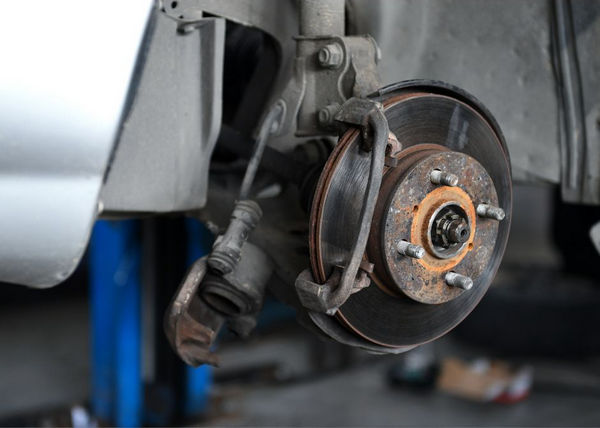Knowing when to replace your brake pads is important, however, knowing what causes them to fail is equally crucial. If you think your brakes are broken while on the road, do not continue driving. It might cause a serious accident. It’s best to get to the side of the road as safely as possible and get help. To avoid this from happening, here are the most common causes of brake failure that you have to know:
- Loss of brake fluid
The brake fluid provides the force created when you press the brake pedal. This force is applied to each of the brake rotors on the four corners of your car. When pressure is applied effectively, the wheels slow or stop the movement of the car.
If there’s a leak in your brake fluid, it can cause a loss of brake pressure which means your car won’t be able to stop. You’ll know if your brake fluid is leaking when there’s liquid dripping from your engine down to the floor. If you notice a leak, get it repaired and replaced first before driving.
- Damaged brake cylinder
The brake cylinder is a hydraulic pump that feeds brake fluid into the brake circuit to convert the pressure on the brake pedal to hydraulic pressure. A bad brake cylinder can cause your braking system to lose power.
If the brake fluid is leaking past the seals inside the cylinder, your brake pedal may feel firm for a moment but it won’t hold steady. You will start to feel it go spongy, and mushy, and may sink far down when pressed.
- Bad brake booster
As the name suggests, a brake booster helps to boost the performance of your brakes. This makes it easier for you to brake by increasing the force exerted without the need for the additional force applied on the foot pedal.
If the brake booster fails, it loses the ability to amplify the force from your foot. This means you’ll have to use more effort when stepping on your brake pedal. This can reduce the hydraulic pressure in the brake fluid, making it harder to brake.

